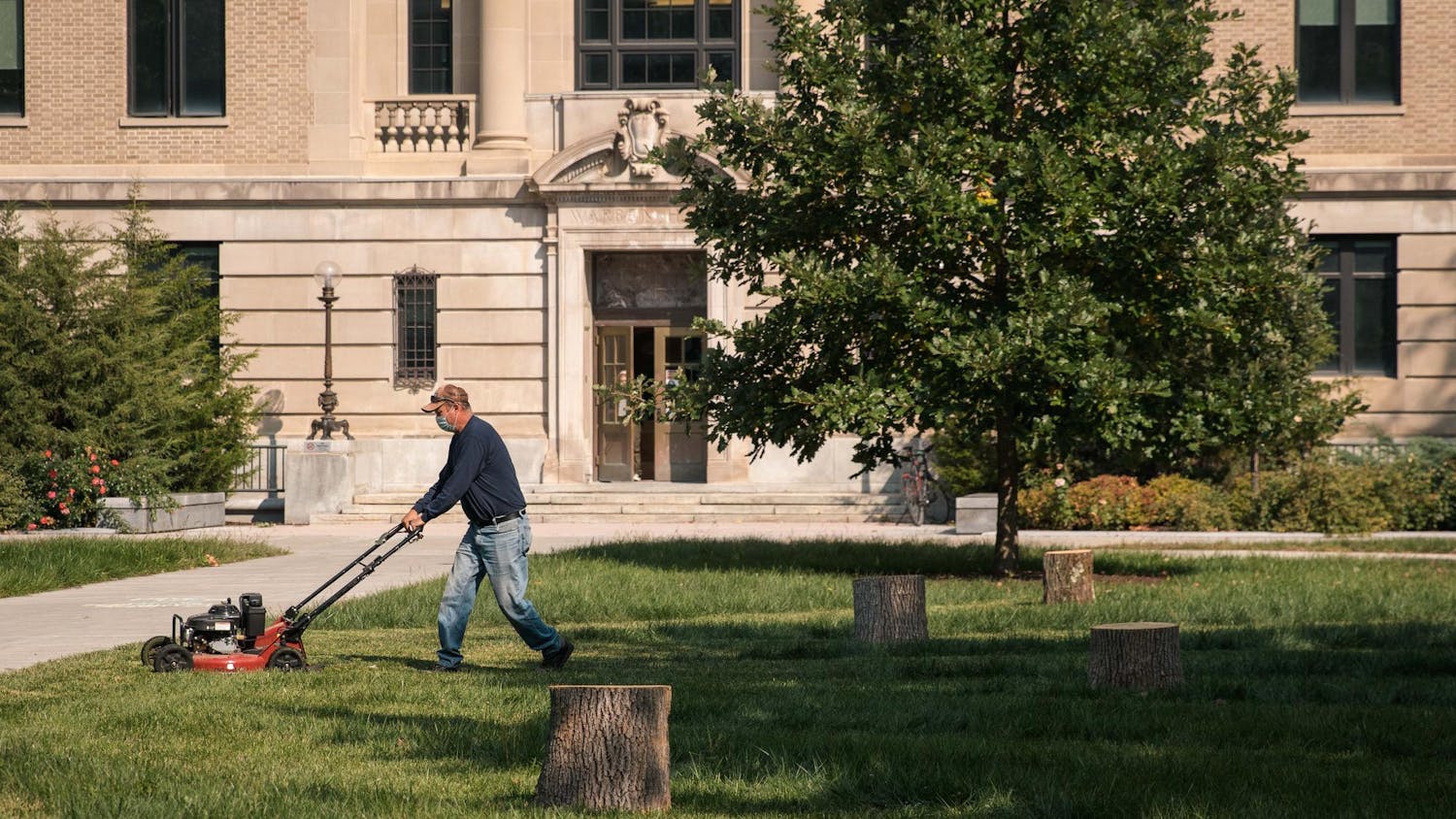Cornell will acquire a new addition to the University library system soon — Hans Albrecht Bethe’s Nobel Prize medal. Bethe’s family has donated the medal to the Carl A. Kroch Library 55 years after he won the Nobel Prize in Physics.
The University library system supports the scholarship of students with more than 500,000 printed volumes, 80 million manuscripts, photographs, paintings, prints, visual media and now the Nobel Prize in its collections.
Bethe, former University professor, won the Nobel Prize in Physics in 1967 for his work with the theory of nuclear reactions and energy production in stars. Bethe’s medal will be housed in the Division of Rare and Manuscript Collections — the University’s principal repository of archival materials.
With eight million printed works, the University holds the 16th largest library in the country. In addition to Bethe’s medal, the library collection preserves the renowned physicist’s notes, calculations and correspondences on his studies of nuclear physics and other topics throughout the years, as well as providing information about the award.
Educators often use the collection as a way to give additional substance when teaching related materials.
“Something like a Nobel, for example, can be used to spark a discussion about the research and accomplishments of its recipient, or could highlight developments in the history of science,” said Julia Gardner, assistant director for public services in the division of rare and manuscript collections.
Experiences like these offer students and faculty the chance to interact directly with rare materials.
“All of these experiences provide an immediacy and a connection to history that is unique to working with original documents,” Gardner said.
University archivist Evan Earle ’02 M.S. ’14 has shared the library’s pieces of history with grade school and Science Olympiad students. The visual of an Olympic Gold Medal or the first Newbery Medal for children’s literature ever given can inspire students, according to Earle.
“You never know how an experience like that may drive a student in their future,” Earle said.
Through Bethe’s collection and more, students can continue to learn about the histories of educators who elevated their fields of studies and motivated generations of scientists at Cornell.











